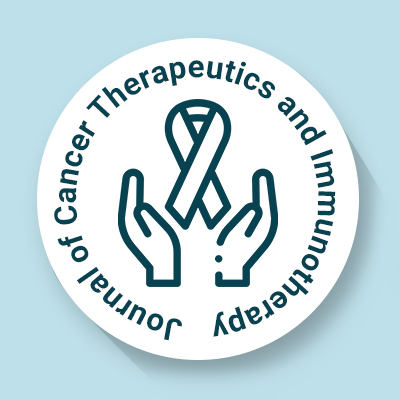Amisha Biswal
Carcinogenesis is a multistep biological process in which normal cells transform into malignant ones due to genetic, epigenetic, and environmental influences. This review explores the fundamental mechanisms of carcinogenesis, including the initiation, promotion, and progression phases. It delves into the roles of oncogenes, tumor suppressor genes, DNA repair mechanisms, and the tumor microenvironment. Additionally, the article examines carcinogenic agents such as chemicals, radiation, and infectious organisms. Emphasis is also placed on emerging molecular targets and therapeutic approaches in cancer prevention and treatment. Understanding the complex interplay of cellular and molecular events in carcinogenesis is vital for developing more effective cancer diagnostics and interventions.
Monalisha Biswal
Adaptive Radiotherapy (ART) seeks to improve accuracy in cancer treatment by considering individual anatomical changes in patients during the radiotherapy process. Nonetheless, conventional ART processes frequently face constraints due to delays in interpreting images, recalculating plans, and integrating workflows. This research introduces an innovative real-time, AI-driven adaptive radiotherapy system that utilizes deep learning for automatic segmentation, deformable image registration, and instantaneous dose recalibration. Our method ensured uniform treatment quality despite differing anatomical presentations, all while preserving workflow efficiency. The results affirm the practicality and clinical benefits of AI-enhanced ART, providing a scalable model for individualized, immediate cancer treatment. This study lays the groundwork for the upcoming era of precision radiotherapy, in which smart systems consistently adjust to the unique requirements of patients in each treatment fraction.

